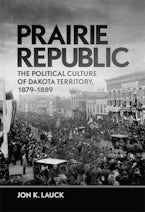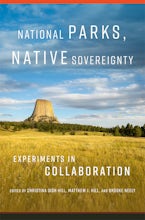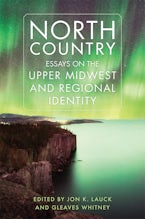- Home
- history
- political science
- Prairie Republic
Prairie Republic
The Political Culture of Dakota Territory, 1879–1889
by Jon K. Lauck
Published by: University of Oklahoma Press
Imprint: University of Oklahoma Press
What?
In our cynical age, such a claim seems either remarkably naïve or hopelessly outdated. Territorial politics in the late-nineteenth-century West is typically viewed as a closed-door game of unprincipled opportunism or is caricatured, as in the classic film The Man Who Shot Liberty Valance, as a drunken exercise in bombast and rascality.
Now Jon K. Lauck examines anew the values we like to think were at work during the founding of our western states. Taking Dakota Territory as a laboratory for examining a formative stage of western politics, Lauck finds that settlers from New England and the Midwest brought democratic practices and republican values to the northern plains and invoked them as guiding principles in the drive for South Dakota statehood.
Prairie Republic corrects an overemphasis on class conflict and economic determinism, factors posited decades ago by such historians as Howard R. Lamar. Instead, Lauck finds South Dakota’s political founders to be agents of Protestant Christianity and of civic republicanism—an age-old ideology that entrusted the polity to independent, landowning citizens who placed the common interest above private interest. Focusing on the political culture widely shared among settlers attracted to the Great Dakota Boom of the 1880s, Lauck shows how they embraced civic virtue, broad political participation, and agrarian ideals. Family was central in their lives, as were common-school education, work, and Christian community.
In rescuing the story of Dakota’s settlers from historical obscurity, Prairie Republic dissents from the recent darker portrayal of western history and expands our view and understanding of the American democratic tradition.
Jon K. Lauck is the past president of the Midwestern History Association, teaches history and political science at the University of South Dakota, and is Editor-in-Chief of Middle West Review. He has authored or edited several books, including The Lost Region: Toward a Revival of Midwestern History; Daschle vs. Thune; Finding a New Midwestern History; and three volumes of The Plains Political Tradition.
Seldom is a major aspect of a historical period researched, written, and interpreted as brilliantly as Jon Lauck has done here. This very important book not only adds much to South Dakota history but also demonstrates methods and approaches that could well be used in studying other pioneer territories in the Midwest.—Gilbert C. Fite, author of The Farmers’ Frontier, 1865–1900












